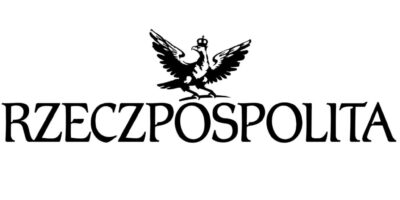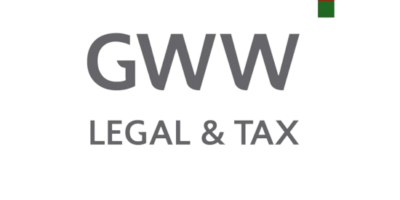Work is underway on the draft amendment to the Code of Commercial Companies and Partnerships – 3 most important assumptions
The Sejm is working on an amendment to the Code of Commercial Companies and Partnerships. The entry into force of the new regulations may significantly affect the day-to-day operation of commercial companies and partnerships, including rights and obligations of their governing bodies. According to draft amendments, a new solution will be introduced in Polish legislation – a holding company with the possibility of applying a binding instruction. The corporate operation practice will also be affected by a change in rules of liability applicable to members of management boards and supervisory boards. The planned changes are ultimately intended to increase the efficiency of supervisory boards in companies.
The following areas will be particularly important from the point of view of the companies' functioning:
1. Introduction of holding law regulations to the Code of Commercial Companies and Partnerships
Current provisions of the Code of Commercial Companies and Partnerships contain only fragmentary regulations relating to holding companies. The planned amendment will introduce new solutions regarding the holding law to the Polish legal system. They will define formal aspects of creating groups of companies, the institution of a binding instruction and complying with it or refusing to comply with it, and the functioning of groups of companies. This means new rights and obligations for entities operating in capital groups.
According to one of the planned changes, a shareholder/minority shareholder (representing no more than 10% of the share capital) will be entitled to demand placing in an agenda include of a resolution on compulsory repurchase of shares or stocks by the parent company.
2. Increasing the effectiveness of supervisory boards
In the draft provisions of the Code of Commercial Companies and Partnerships, the legislator specified obligations and powers of supervisory boards, as well as rules of liability for its actions and omissions. One of the most important proposed powers of the supervisory board will consist in obtaining the consent of the supervisory board to conclude a transaction of significant value with the parent company, a subsidiary and a related company. The changes are aimed at increasing the effectiveness and role of supervisory boards, which will affect the day-to-day operation of commercial companies.
3. Clarification of liability of members of management boards and supervisory boards.
The principle of liability of members of management boards and supervisory boards specified in the Code of Commercial Companies and Partnerships was modified. Accoridng to draft regulations, a member of the management board and supervisory board will not be in breach of his or her obligations to act with due professional care when they act within the limits of justified economic risk, including on the basis of information, analyzes and opinions, which should be taken into account in respective circumstances when making a careful assessment. This means that the liability of members of management boards and supervisory boards has been significantly clarified. The legislator intends to introduce the possibility of excluding the liability of a corporate body member for damage caused to the company as a result of a decision of the company's body, even if it turns out to be incorrect, provided that it was taken within the limits of justified economic risk.
A detailed study of the above-mentioned amendments can be found in an article prepared by Mikołaj Kawka, a trainee attorney-at-law from the legal advisory team. Visit the Lexplorers portal: http://lexplorers.pl/nowelizacja-ksh-3-zalozenia/.
Related posts
GWW one of the 10 largest tax advisory firms in Poland
GWW one of the 10 largest tax advisory firms in PolandRanking The Legal 500 EMEA 2024
Ranking The Legal 500 EMEA 2024GWW team in the Ranking of Firms and Tax Advisers organised by Dziennik Gazeta Prawna.
GWW team in the Ranking of Firms and Tax Advisers organised by Dziennik Gazeta Prawna.In depth: Private Wealth and Private Client Review | Edition 12
In depth: Private Wealth and Private Client Review | Edition 12Concerned about
missing out
on key legal
developments?




